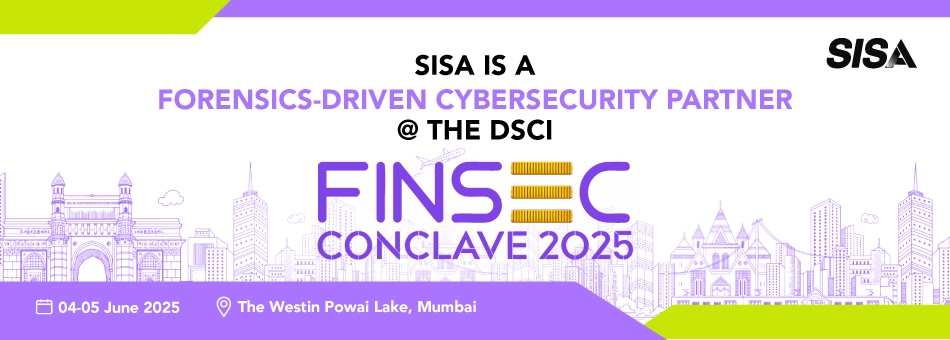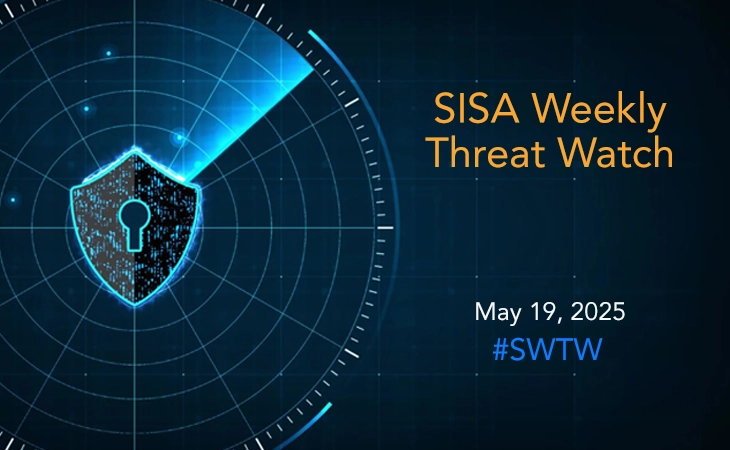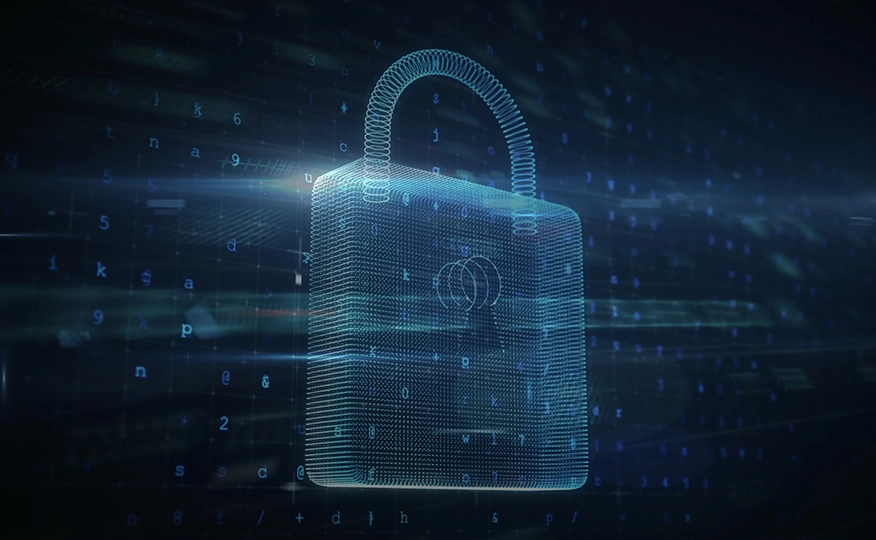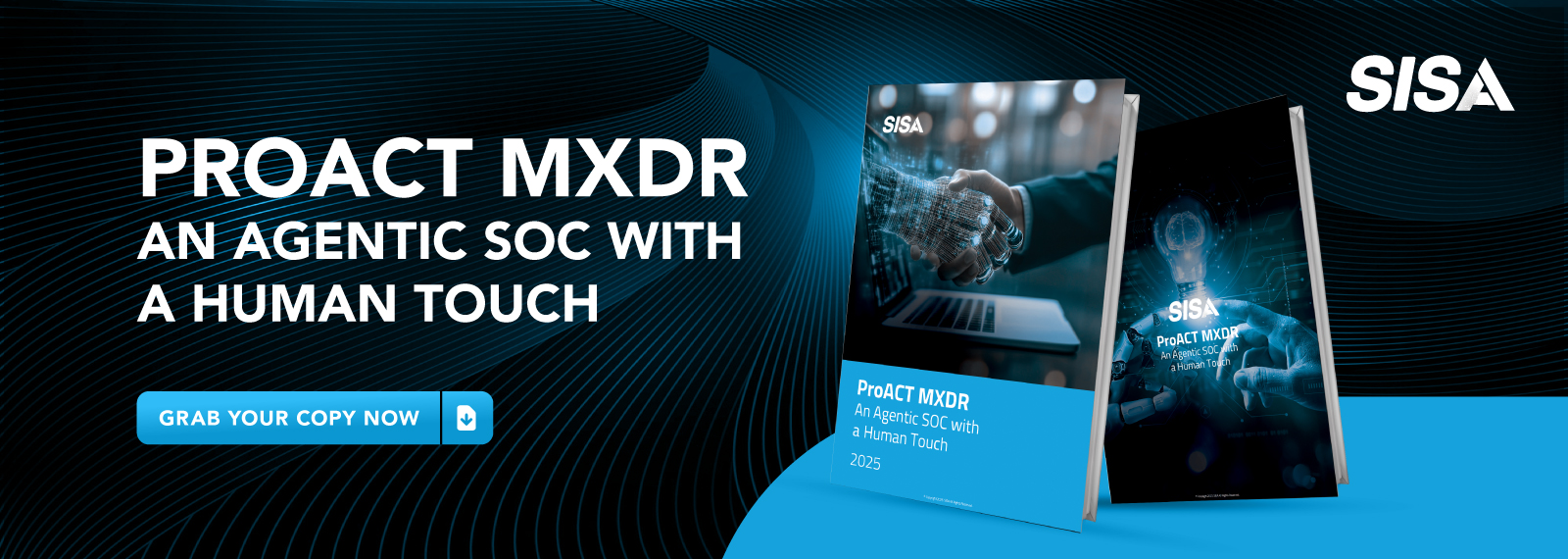
What is PCI Awareness Training? And Different Programs to Explore in 2025
Introduction
In a world where digital transactions dominate, protecting cardholder data has never been more critical. Cyberattacks are growing in complexity and scale, making compliance with the Payment Card Industry Data Security Standard (PCI DSS) a necessity, not an option.
However, compliance isn’t solely about installing firewalls or encryption tools. It involves the human element, the everyday decisions and actions of employees. This is where PCI DSS awareness training plays a vital role. By educating teams across departments about the significance of data protection, businesses can significantly reduce risk and create a culture of security consciousness.
What is PCI DSS Awareness Training?
PCI DSS awareness training is designed to help employees understand the basic principles of payment data security, their responsibilities under PCI DSS, and how to recognize and prevent potential security threats. It’s tailored not only to ensure compliance but also to instill a sense of responsibility in employees who handle or interact with cardholder data.
While PCI DSS outlines technical and operational controls for securing card data, the effectiveness of these controls relies heavily on how well employees follow procedures and respond to threats. Even the most robust systems can be rendered ineffective if staff unknowingly compromise security by clicking a phishing link or mishandling sensitive data.
Why PCI DSS Awareness Training is Essential
- Reducing Human Error
According to Verizon’s Data Breach Investigations Report, 74% of breaches involve a human element—be it error, privilege misuse, or phishing. Training empowers employees with the knowledge and context needed to avoid costly mistakes and recognize red flags before they escalate. - Improved Incident Response
When employees are trained to recognize suspicious activities and know the correct response protocol, it improves the organization’s speed and efficiency in mitigating potential breaches.
This proactive readiness helps minimize downtime, protects sensitive data, and limits potential financial and reputational damage. - Stronger Compliance Posture
Regulatory bodies take employee training seriously. Lack of awareness can lead to non-compliance fines. Regular awareness training ensures that employees are aligned with evolving PCI DSS requirements and audit expectations. - Enhanced Reputation and Trust
Customers feel safer when organizations demonstrate a commitment to security. Trained employees act as brand ambassadors, contributing to the business’s trust and credibility.
A security-aware workforce not only reduces risk but reinforces the brand’s integrity and reliability in the market.
Other Awareness Certifications to Consider in 2025
While PCI DSS training is essential for payment security, broader awareness programs can greatly improve your organization’s entire cybersecurity posture. Here are a few worth exploring:
- General Cybersecurity Awareness Training
Covers essential topics like phishing scams, malware types, social engineering tactics, secure password practices, and safe internet usage. This training is ideal for building a strong security-first culture where every employee, regardless of technical expertise, becomes a front-line defender against cyber threats. It encourages vigilance, responsible data handling, and ongoing awareness of evolving attack techniques. - Data Protection & Privacy Training
Focuses on key data privacy laws such as GDPR, CCPA, and other local data protection regulations, along with principles of data classification, breach reporting protocols, and secure data handling.
This training is vital for organizations that handle personal or sensitive data, helping employees understand the legal implications of data misuse and fostering a culture of accountability and ethical data management. - Incident Response Training
Trains employees on how to detect, report, and respond to cybersecurity incidents efficiently and calmly. Topics include threat identification, isolation procedures, communication plans, and recovery measures.
A well-trained response team can significantly reduce the impact of an attack, ensuring that business continuity is maintained while minimizing legal and reputational damage. - Phishing Simulation Training
Involves conducting real-time, simulated phishing attacks to assess how employees react and respond to suspicious emails or communication tactics. It helps identify employees who may need additional training and creates an opportunity for hands-on learning, improving their ability to detect and report phishing attempts in real-life scenarios. - Risk Management Training
Introduces fundamental concepts of risk identification, assessment, prioritization, and mitigation. It also includes lessons on risk communication and establishing a risk-aware culture. By understanding how to proactively assess threats and vulnerabilities, employees are empowered to support the organization’s overall security posture and take initiative in preventing potential breaches.
Conclusion
PCI DSS awareness training is more than a compliance checkbox—it’s a strategic investment in your company’s future. As technology advances and cyber threats evolve, the best defense is a well-informed team. By combining PCI DSS-specific programs like CPISI and CPISI-Hybrid with general cybersecurity training, organizations can build a layered defense strategy that not only protects cardholder data but reinforces trust and credibility.
Whether you’re a compliance officer, IT security lead, developer, or team manager, there’s a PCI training program tailored for your role in 2025.
Interested in setting up a custom PCI DSS training program for your organization? Reach out to the SISA Training Team at training@sisainfosec.com.
Let 2025 be the year you move from compliance to excellence.
SISA Institute’s PCI DSS Training Programs: Forensics-Driven, Flexible, and Globally Recognized
SISA Institute offers a suite of PCI DSS-focused certification programs tailored to different professional roles and learning needs. Backed by over 12,000 professionals trained globally, these programs are built on SISA’s unique forensics-driven methodology—ensuring real-world applicability, breach insights, and practical strategies.
- CPISI (Certified Payment Industry Security Implementer)
This intensive, workshop-based program is designed for compliance professionals, auditors, and risk officers seeking to master PCI DSS 4.0 controls. The training incorporates practical use cases, implementation strategies, and forensic breach data to provide a hands-on understanding of how to effectively achieve and sustain PCI DSS compliance. - CPISI-Hybrid
Ideal for professionals looking for a more flexible learning experience, the CPISI-Hybrid model offers 30 days of access to self-paced video modules, combined with 8 hours of live expert-led weekly sessions. This format enables deep learning without the need for travel, while still maintaining instructor guidance and interactive discussion. - CPISI-D (Certified Payment Industry Security Implementer – Developer)
Specifically developed for payment application developers, CPISI-D focuses on secure software development practices that align with PCI DSS requirements. The course equips developers with secure coding techniques, vulnerability mitigation strategies, and compliance integration best practices. - CPISI Advanced (Certified Payment Industry Security Implementer – Advanced)
Designed for seasoned professionals, CPISI Advanced is a deep-dive program that goes beyond the foundational PCI DSS concepts. It covers advanced implementation techniques, audit preparedness, risk-based validation strategies, and forensic readiness—helping organizations achieve a mature, audit-ready compliance posture. Ideal for senior auditors, consultants, and those managing large-scale PCI DSS environments.
Each of these programs is designed and delivered by SISA Institute—a globally recognized leader in cybersecurity education and forensic investigations. SISA’s training approach emphasizes actionable knowledge through breach case studies, technology deep dives, and compliance frameworks. Whether you’re a developer, auditor, or IT professional, SISA’s PCI DSS programs offer the credibility and clarity needed to navigate complex compliance landscapes with confidence.
Latest
Blogs
Whitepapers
Monthly Threat Brief
Customer Success Stories
 USA
USA India
India APAC
APAC Middle East
Middle East Global
Global






 Facebook
Facebook Linkedin
Linkedin  X
X Youtube
Youtube







